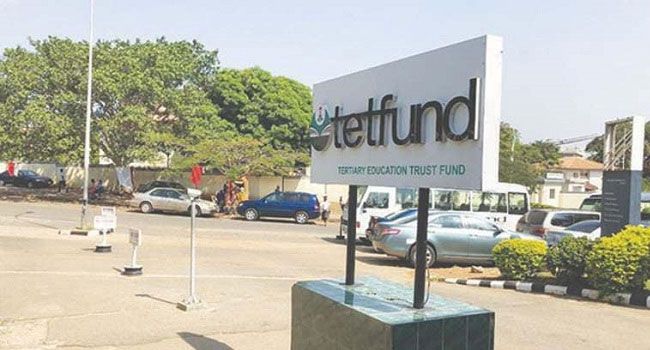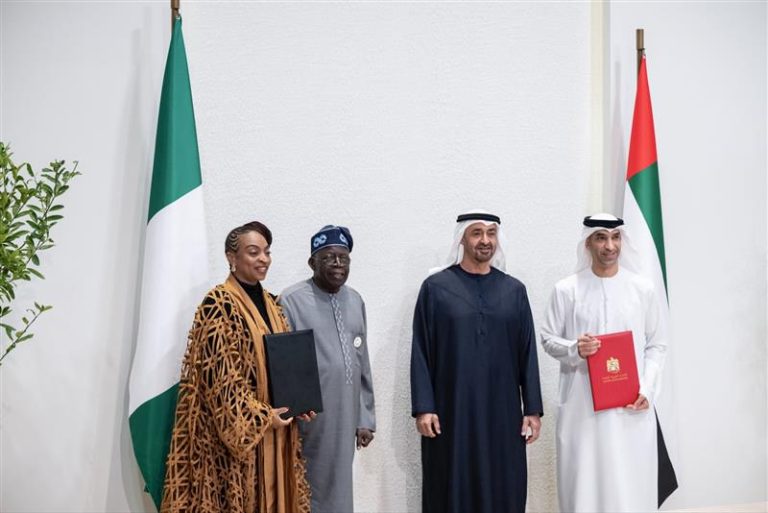
The Federal Government has announced a commitment of $538.05m towards the establishment of Special Agro-Industrial Processing Zones across the country, as part of efforts to transform Nigeria’s food systems and strengthen agricultural productivity.
The Minister of Agriculture and Food Security, Abubakar Kyari, made this known on Monday in Abuja at the Community of Practice Summit on the Comprehensive Africa Agriculture Development Programme.
He noted that the investment forms part of a wider strategy to make Nigeria’s food systems more productive, resilient, inclusive, and sustainable.
Kyari said the Federal Government, leveraging private sector participation, had launched SAPZ projects in Kaduna, Cross River, and Ogun States, with more to follow. The initiative, according to him, is expected to attract an additional $1 billion in investments by 2027.
The minister also highlighted the creation of an Agricultural Sector Working Group comprising research institutions, development partners, the private sector, and civil society stakeholders to monitor progress, identify gaps, and promote accountability in agricultural development. He further revealed that Nigeria’s progress in agriculture has been recognised by the African Union.
He added that the country has made significant strides over the past decade in the biennial review of agricultural development.
Speaking on the Nigeria Postharvest Systems Transformation Programme, which was recently presented at the African Food Systems Summit in Dakar, the minister said the initiative aims to reduce annual post-harvest losses estimated at ₦3.5 trillion, improve value chains, and ensure national food sovereignty.
“At the recently concluded African Food Systems Summit in Dakar, I hosted a deal room with investors and other critical stakeholders on the Nigeria Postharvest Systems Transformation Programme (NiPHaST), which aims to reduce massive annual post-harvest inefficiencies valued at ₦3.5 trillion and strengthen value chains for national food security and sovereignty,” Kyari said.
He explained that the outcome of these investments will create a more efficient, sustainable, and equitable food system, contributing to improved farmers’ incomes, better livelihoods, waste reduction, enhanced value chains, economic growth, and food security.
The minister added that the SAPZs are designed to promote value addition, create jobs, strengthen value chains, and enhance food security, in line with Nigeria’s commitment to CAADP and the Malabo Declaration.
He urged stronger collaboration between the federal and state governments, stressing that synergy and shared responsibility are essential for achieving sustainable food security and resilient livelihoods.



